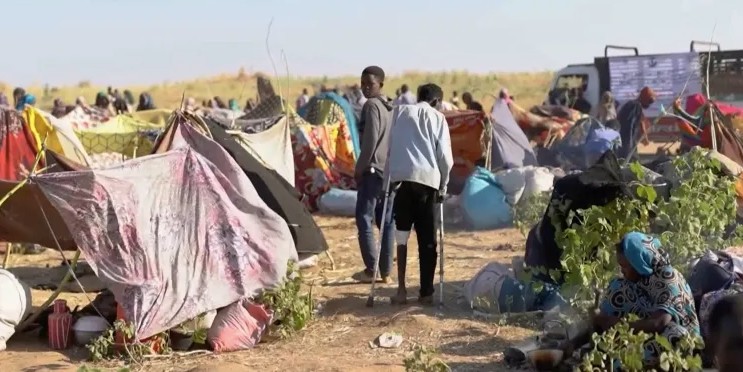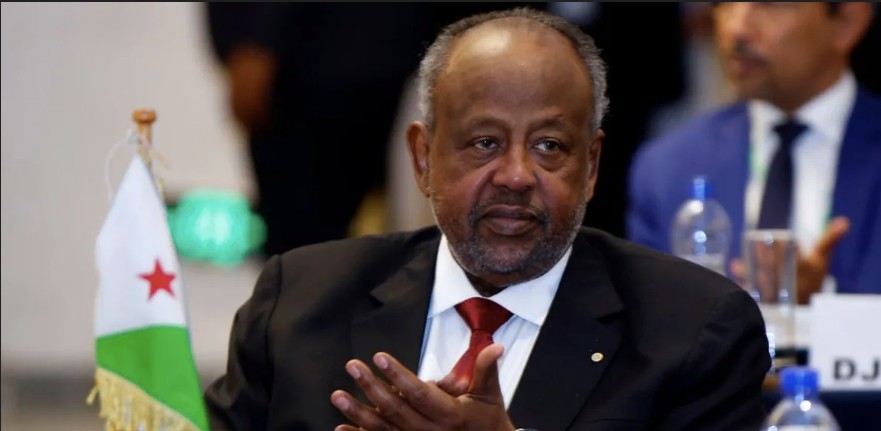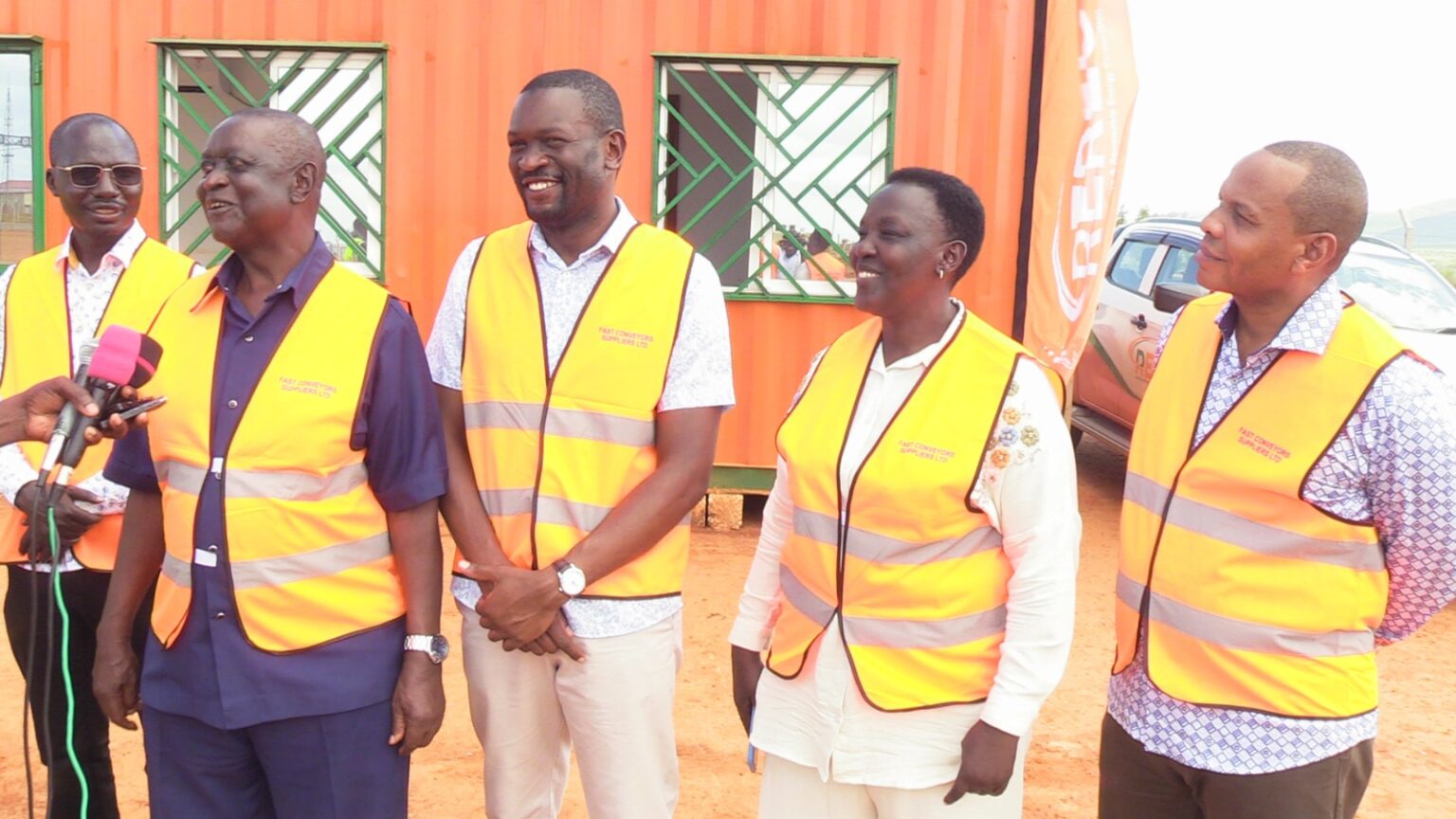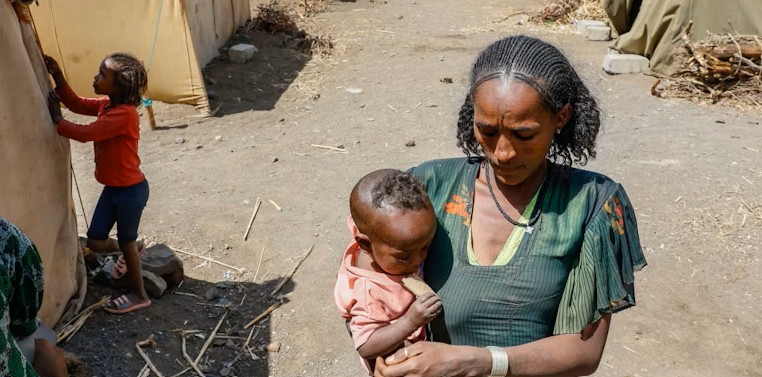Kenya moves to tighten border security with new data tool in partnership with its neighbour
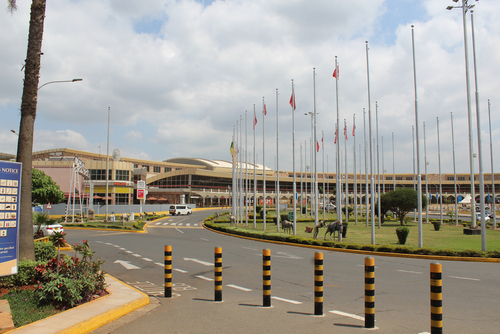
The collaboration aims to enable the collection and analysis of API and PNR data, which are critical tools for strengthening border security, facilitating legitimate travel, and combating terrorism and transnational crimes.
In efforts to prevent criminals from entering the country, the Kenyan government is introducing additional measures beyond the Electronic Travel Authorisation (ETA) requirement for passengers.
Kenya, alongside nine other nations in the Eastern Africa region — Burundi, Djibouti, Ethiopia, Rwanda, Somalia, South Sudan, Tanzania, and Uganda — is part of a Countering Terrorist Travel Programme aimed at helping Member States address the growing threat posed by the movement of foreign terrorist fighters.
More To Read
- KPA applauds streamlined ETA system amid surge in cruise tourism
- Kenya and UK celebrate gains against violent extremism at Ethiopia and Somalia borders
- Vice Chief of Defence Forces John Omenda calls for continental unity to tackle rising IED threat
- Somalia, AU troops intensify operation ‘Silent Storm’ against Al-Shabaab in Lower Shabelle
- US boosts Kenya's fight against weapons of mass destruction with specialised four-month training
- Kenya to reopen regional police training hubs in fight against terrorism and banditry
A regional workshop, supported by the United Nations Office of Counter-Terrorism (UNOCT) and the International Organisation for Migration (IOM), has focused on fostering regional cooperation among these countries to detect terrorists and other serious criminals using passenger data. This includes Advance Passenger Information (API) and Passenger Name Record (PNR) data.
The collaboration aims to enable the collection and analysis of API and PNR data, which are critical tools for strengthening border security, facilitating legitimate travel, and combating terrorism and transnational crimes. If implemented, this tool will enhance security measures beyond the mandatory ETA requirement for passengers arriving from abroad.
Kenya introduced the ETA requirement after abolishing visa requirements for visitors last year as part of efforts to prevent criminal entry. Subsequently, it exempted several states, including Ethiopia, the Republic of Congo, Eritrea, Mozambique, San Marino, and South Africa, from the ETA requirement following bilateral visa waiver agreements.
Participants at the workshop, which concluded on Thursday, included representatives from law enforcement, counter-terrorism, immigration, customs, and civil aviation agencies. International experts from the United Nations, Interpol, and other global targeting centres were also present to support peer-to-peer exchanges on using passenger data to prevent and counter the travel of terrorists and other serious criminals.
"The workshop addressed core principles and building blocks necessary for the collection, analysis, and processing of passenger data," IOM Kenya said in a statement.
"Participants shared experiences on transmitting, processing, retaining, safeguarding, and sharing passenger data in line with international standards, best practices, and human rights principles. Systematic use of passenger data to detect and prevent security threats supports effective border management and facilitates legitimate travel."
Dimanche Sharon, Chief of Mission at IOM Kenya, noted that IOM’s integrated border management approach promotes knowledge sharing and best practices in implementing API and PNR systems to improve migration management and facilitate regular travel pathways.
"This workshop is timely and vital. IOM is honoured to work with Member States in Eastern Africa, as the secretariat for the Informal Working Group (IWG), to strengthen legal frameworks and system interconnectivity, advancing cross-border trade and mobility," she said.
Globally, the Countering Terrorist Travel Programme has established four active international working groups in Eastern Europe and Central Asia, Southern Africa, West and Central Africa, and Southeast Asia. These groups assist Member States in implementing United Nations Security Council Resolutions 2178 (2014), 2396 (2017), and 2482 (2019).
Rachel Manis of the UNOCT noted that peer-to-peer exchanges foster mutual learning and help nations develop effective systems for processing, analysing, retaining, and sharing passenger data while adhering to international norms and human rights principles.
The forum also introduced the Informal Working Group (IWG) framework and set the foundations for launching a new Eastern Africa IWG in 2025.
The Countering Terrorist Travel Programme is a global initiative designed to build Member States’ capacities to prevent, detect, investigate, and prosecute terrorist activities, including related travel, by analysing passenger data in accordance with United Nations Security Council resolutions, international standards, and human rights principles. Currently, the programme is working closely with 83 Member States, with 62 benefitting from its technical assistance.
In Kenya, IOM’s Immigration and Border Governance programming supports the government in establishing a comprehensive border management system. This system aims to facilitate safe, orderly, and regular cross-border mobility and trade while addressing transnational organised crimes such as human trafficking and smuggling.
“This includes programmes and policy initiatives to enhance mobility, regular migration pathways, technical support, capacity strengthening, improved border infrastructure, and inter-agency and cross-border cooperation,” IOM said in a statement.
Additionally, IOM supports community engagement initiatives to foster trust and collaboration between border communities and law enforcement authorities, enhancing border security.
Top Stories Today


